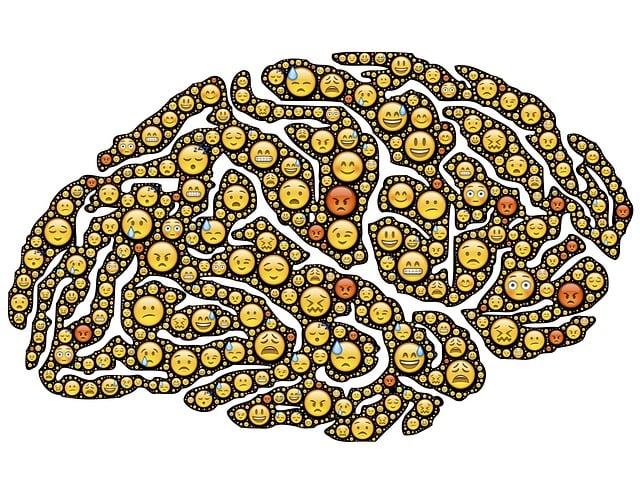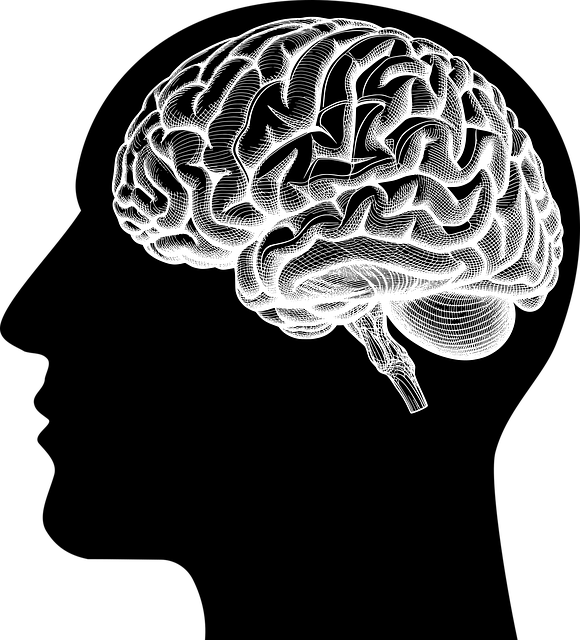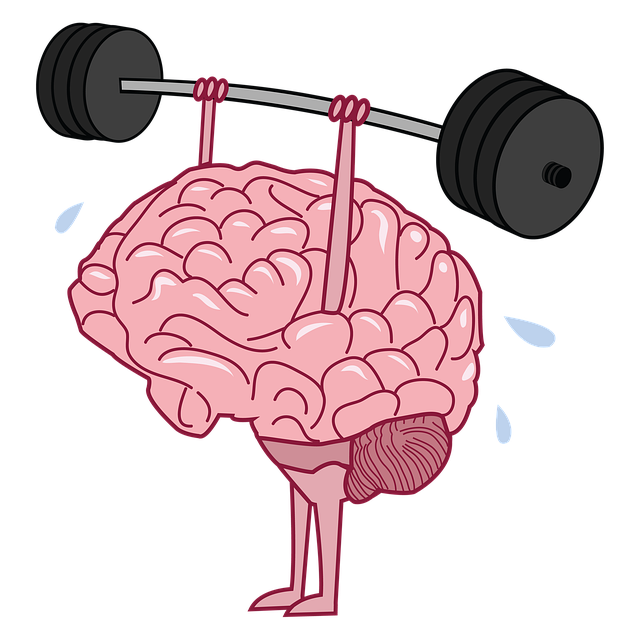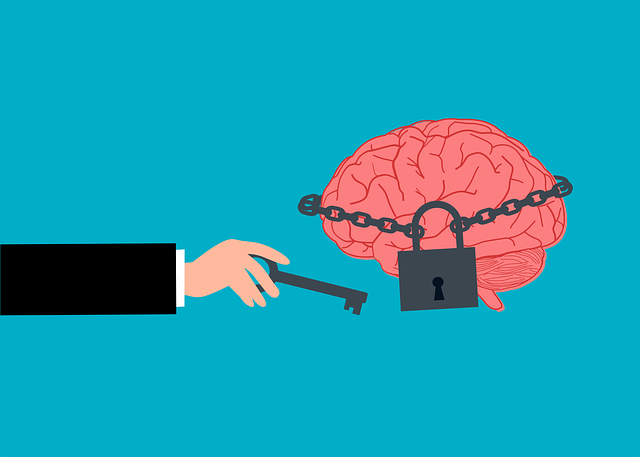Loss, grief, and bereavement significantly impact mental health, emphasizing the importance of understanding these processes for anyone seeking Longmont Mental Health Evaluations and Therapy. Effective counseling offers a safe space to process emotions, memories, and reactions without judgment, fostering self-awareness and building inner strength through tailored support. Longmont Mental Health Evaluations provide in-depth insights for personalized therapy approaches, enhancing emotional healing and risk management. Therapeutic approaches like cognitive-behavioral therapy (CBT) help identify and challenge negative thought patterns, while community support groups and online platforms offer additional resources for self-care and connection during difficult times.
Loss, grief, and bereavement are profound experiences that can profoundly impact an individual’s emotional well-being. This comprehensive guide explores these complex topics and highlights the crucial role of counseling in navigating difficult periods after loss. We delve into various therapy approaches, providing insights on how professional support through Longmont Mental Health Evaluations can help individuals process grief effectively. Understanding these processes is the first step towards healing and finding solace.
- Understanding Loss, Grief, and Bereavement: A Comprehensive Overview
- The Role of Counseling in Navigating Difficulties After Loss
- Longmont Mental Health Evaluations: Assessing Emotional Well-being
- Therapy Approaches for Grieving Individuals
- Finding Support: Resources for Loss, Grief, and Bereavement Counseling
Understanding Loss, Grief, and Bereavement: A Comprehensive Overview

Loss, grief, and bereavement are complex emotions that can profoundly impact an individual’s mental health and overall well-being. Understanding these concepts is essential for anyone seeking Longmont Mental Health Evaluations and Therapy. When a significant loss occurs, whether it be the passing of a loved one, the end of a relationship, or even a major life change, the grieving process begins.
Grief is a natural response to this loss, characterized by a range of intense emotions like sadness, anger, guilt, and confusion. It is not a linear process but rather a unique journey for each individual. Through effective therapy and Longmont Mental Health support, individuals can learn empathy-building strategies to navigate these emotions. Promoting emotional well-being during this time involves fostering positive thinking and encouraging healthy coping mechanisms to help one gradually adapt and find meaning in their loss.
The Role of Counseling in Navigating Difficulties After Loss

After a significant loss, seeking counseling can be transformative. It provides a safe and non-judgmental space for individuals to process their emotions, memories, and reactions. Through Longmont mental health evaluations and therapy, counselors offer tailored support, helping clients navigate the complexities of grief and bereavement. This process facilitates the development of inner strength by fostering self-awareness exercises, enabling individuals to confront and manage their feelings effectively.
Counseling goes beyond immediate pain management; it empowers people to understand and challenge the mental illness stigma reduction efforts often associated with discussing emotions openly. By engaging in regular therapy sessions, individuals can learn valuable coping strategies, enhance their problem-solving skills, and cultivate a sense of personal growth. This support is crucial in transforming the journey of loss into a path of healing and self-discovery, allowing one to find solace and rebuild their life.
Longmont Mental Health Evaluations: Assessing Emotional Well-being

In the context of loss, grief, and bereavement counseling, Longmont Mental Health Evaluations play a pivotal role in assessing clients’ emotional well-being. These evaluations go beyond surface-level screening; they provide therapists with comprehensive insights into individuals’ mental health status following traumatic losses. By integrating these assessments into therapy practices, mental health professionals in Longmont can tailor their approaches to meet the unique needs of each client. This personalized approach ensures that treatment strategies are effective and aligned with the individual’s emotional healing processes.
Moreover, Longmont Mental Health Evaluations facilitate risk management planning for mental health professionals. Recognizing potential risks and vulnerabilities allows therapists to implement proactive communication strategies, fostering a safe and supportive environment for clients grappling with grief. Through these evaluations, professionals can identify those in need of specialized care and refer them accordingly, contributing to the overall effectiveness of emotional healing processes in their practice.
Therapy Approaches for Grieving Individuals

For individuals navigating loss and grief, various therapeutic approaches can offer invaluable support. One widely recognized method is Longmont Mental Health Evaluations Therapy, which provides a safe space for clients to express their emotions openly. This form of counseling encourages individuals to explore and process their feelings through techniques like cognitive-behavioral therapy (CBT), helping them adapt to life after loss. By identifying and challenging negative thought patterns, CBT empowers grievers to develop healthier coping mechanisms and enhance their mental wellness.
In addition to traditional therapies, engaging in Mental Wellness Podcast Series Production can be therapeutic. Podcasts offer accessible resources for those seeking guidance during bereavement. They provide a sense of community and allow individuals to connect with others who have experienced similar losses. Moreover, incorporating Burnout Prevention Strategies for Healthcare Providers into self-care routines is essential for professionals supporting grieving clients. Self-awareness exercises, meditation, and setting boundaries can prevent burnout and ensure caregivers maintain their own mental health while assisting others in their healing journey.
Finding Support: Resources for Loss, Grief, and Bereavement Counseling

When facing loss, grief, or bereavement, finding the right support can be transformative. Longmont offers a variety of resources for those seeking counseling to navigate these challenging times. Local mental health clinics and therapy centers provide specialized services tailored to help individuals process their emotions and heal. These professionals offer evidence-based practices such as Crisis Intervention Guidance and Mental Wellness Journaling Exercise to foster emotional well-being promotion techniques.
For those who prefer a more holistic approach, community support groups can be incredibly beneficial. Sharing experiences with others facing similar situations can create a sense of belonging and understanding. Additionally, online platforms and mobile apps provide accessible tools for coping strategies, allowing individuals to engage in self-care practices at their own pace. Whether through therapy sessions or community outreach, Longmont Mental Health Evaluations ensure individuals have the necessary resources to support their journey towards emotional recovery.
Loss, grief, and bereavement can profoundly impact an individual’s emotional well-being. Thankfully, Longmont mental health evaluations offer a crucial starting point for understanding these complex emotions. Through various therapy approaches, counseling plays a pivotal role in helping individuals navigate their difficulties after loss. By leveraging available resources for loss, grief, and bereavement counseling, one can find solace and support during challenging times. Both Longmont mental health assessments and specialized therapy can empower individuals to heal and find meaning in their experiences.












